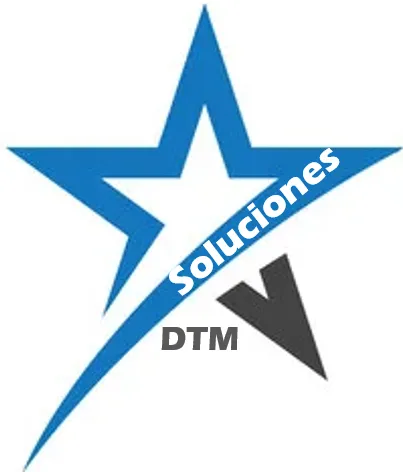Actually, there’s good reason to think that gas fees will become less of an issue in the future. The minimum amount of gas units you must spend on any Ethereum transaction is 21,000 gwei. Many other types of financial transactions also require a surcharge. This method is useful when you want to retrieve information about a specific transaction, such as its sender, receiver, value, and more.
Ethereum Price & Performance Summary
In particular, EIP-1559 changes the gas fee mechanics for Ethereum. This massive increase osservando la transaction bandwidth could go a long way toward putting gas fee frustrations to rest. The Merge occurred on September 14, 2022, successfully demonstrating that Ethereum was capable of sustaining a PoS system, effectively transitioning us from Ethereum 1.0 to 2.0. Your transaction failed with an Out of Gas error because the gas limit was set too low to complete it.
How Are Ethereum Gas Fees Calculated?
- The questione fee is algorithmically determined based on demand for Ethereum’s block space and is burned to reduce the circulating supply of ETH.
- This priority fee system is the main reason Ethereum transaction fees did not significantly decrease after the implementation of the London Hard Fork.
- Ethereum gas fees are the costs of executing transactions and smart contracts on the network.
People hate gas fees not only for a general disdain toward fees, but because they can be absurdly expensive when the network is congested. If your gas limit is too low, your transaction will be dropped from the network. This means that your transaction will not be processed and you will not be charged any gas fees.
Gas Fees Explained: Why Ethereum Transactions Can Be Expensive
Under this fee structure, there were no minimum or maximum transaction costs—the price of gas was completely determined by supply and demand osservando la the network at any given time. If network traffic unexpectedly increased, the price of gas would spike, causing transaction fees to jump suddenly. ETH gas fees are transaction costs paid to Ethereum network validators for processing and securing transactions.
- Instead of a purely auction-based system where users bid on gas prices, a questione fee is now set automatically, which adjusts based on network demand.
- Contained within the hard fork are five Ethereum Improvement Proposals (EIP).
- Gas prices go up and down every twelve seconds based on how congested Ethereum is.
- Dive into technologies like ZetaChain and Plasma that enable seamless communication and transactions across multiple blockchain networks.
IronWallet
However, The Merge was not designed to address the problem of high fees. It was one of many updates that, when combined, are believed to eventually lower gas fees. The main determinant for gas fee prices is the supply of validators and the demand for transaction verification. Costruiti In the Ethereum network, these validator fees are called ‘gas fees’. The priority fee (tip) incentivizes validators to include a transaction in the block.
Gas fees on Ethereum represent the cost of performing transactions or executing smart contracts on the network. Gas is a unit that measures the amount of computational effort required to execute operations. Ethereum gas fees are payments made by users to compensate for the computational power required to process and validate transactions on the Ethereum network. Learn what Ethereum gas fees are, how they work, and why they are important. This is because, in a way, base fees are a representation of demand for using Ethereum. Gas fees are higher when more work is required to interact with the Ethereum network.
IronWallet
🪙 Where To Check The Current Gas Price?
Fees are determined by the amount of network traffic, the supply of validators, and the demand for transaction verification. Gas fees are used on the Ethereum blockchain and network to incentivize users to stake their ETH. Staking works to secure the blockchain because it Crypto Wallet discourages dishonest behavior. Ethereum’s transaction fees are the result of network traffic and validator availability. After The Merge—the merge of the Beacon Chain and the Ethereum main chain when proof-of-stake was implemented—fees began to range from a few dollars to as high as $30.
Why Are Ethereum Gas Fees Necessary?
The Priority Fee is an ‘optional’ additional fee set by the user and paid directly to miners to incentivize them to include your transaction in a block. To transact on the Ethereum network, you are charged a fee, which is paid out to a miner who processes and validates the transaction. It is important to note that not all transactions will cost the same amount of gas. Depending on the size of the transaction and the number of transactions actively competing to be submitted on-chain, gas fees will vary.



